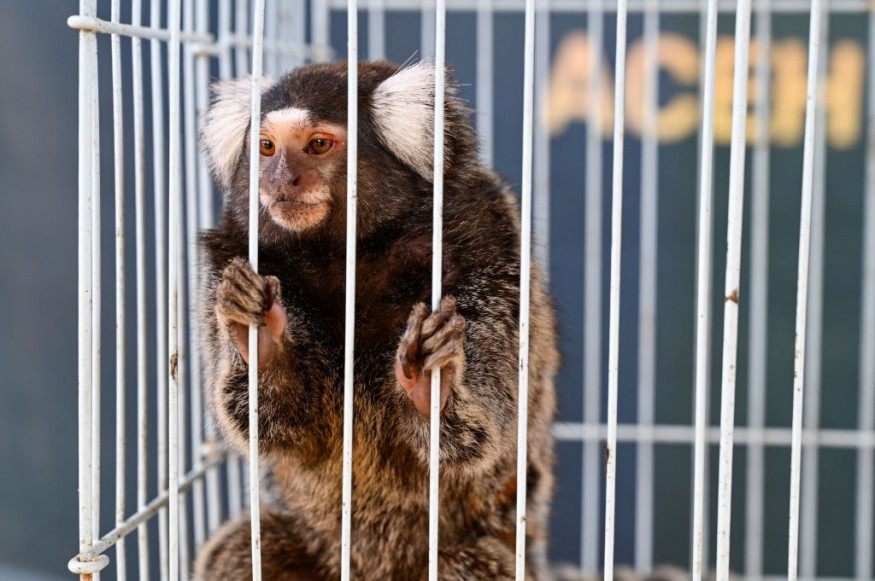
Even though certain governments seek to protect human rights, Ecuador has decided that natural creatures have specific constitutional protections, such as the right to live.
First Country to Hold Wild Animals with Legal Rights
According to ScienceAlert, on February, a 7-2 jury verdict marked a watershed moment in the nation's rights of nature procedural safeguards, elevating the juridical standing of wild creatures.
As noted by Ecuadorian environmentalist lawyer Hugo Echeverra, although natural liberties were incorporated in the charter of rights and freedoms, it was unclear previous to this ruling if animals in the wild may enjoy from natural rights and even be deemed legal owners as a member of ecosystem.
The particular instance depended on empirical proof of woolly monkey psychological and behavioural richness to assert Estrellita must be at a least quality the entitlement to somatic freedom.
Moreover, the environmental jurisdiction ought to have guarded Estrellita's privileges by assessing her particular situations prior to actually setting her in the wildlife park, as per The Guardian.
The court also acknowledged in its decision that selective breeding as well as adaptation of feral creatures are occurrences that have a significant influence on the conservation of habitats and the equilibrium of environment, as they entail the steady reduction of wildlife communities.
Customarily, ecological legislation has not been preoccupied with creatures that are not deemed significant creatures, including threatened animals protected by the US Endangered Species Act.
The judgement states very clearly that such privileges to live, develop, and grow are subject to natural systems, that encompass biocompatibility among animals such as hunting.
The verdict comes on the heels of a historic judgment in Ecuador last year that determined quarrying in a preserved tropical rainforest breaches nature's sovereignty. The jury has ruled that creatures have privileges, which are recognized by natural rights.
Also read : Scientists Finally Map an Entire Human Genome with Roughly Three Billion Letters in Human DNA
Ecuador Court Ruled Legal Rights For Nonhuman Creatures
Back in 2008, Ecuador became the first nation on the planet to acknowledge the interests of nature on a legitimate basis.
According to Inside Climate News, Kristen Stilt, a wildlife legal specialist, informed that in United states, the privileges of wildlife seem like a radical notion, yet individuals do n't know how common it is throughout the planet.
This implies that poaching, angling, collecting, and logging will still be permitted as far as they are done in compliance with various pre-existing regulations - for instance, not in violation of threatened species statutes - and in terms of mitigating distress. Such rules are now proven to be a vital legislative instrument for protecting wildlife, particularly wildlife.
Nations such as New Zealand even Canada, as well as neighboring territories and several US towns, incorporate agreements, clauses, or municipal legislation that provide comparable safeguards for feral creatures.
Thus, in a society where ecological damage affects all of us directly, adopting rules might ultimately guide us all as people and society to make wiser decisions that enrich all of us. The judge recommended that appropriate regulations be written in the hereafter to further protect these interests.
Nevertheless, governments have yet to entrench such privileges in their constitutions, and measures to conserve environment persist life-threatening in countless locations throughout the globe.
Related article : Wild Dolphin 'Kylie' Seen 'Talking' With Harbor Porpoises
© 2026 NatureWorldNews.com All rights reserved. Do not reproduce without permission.





